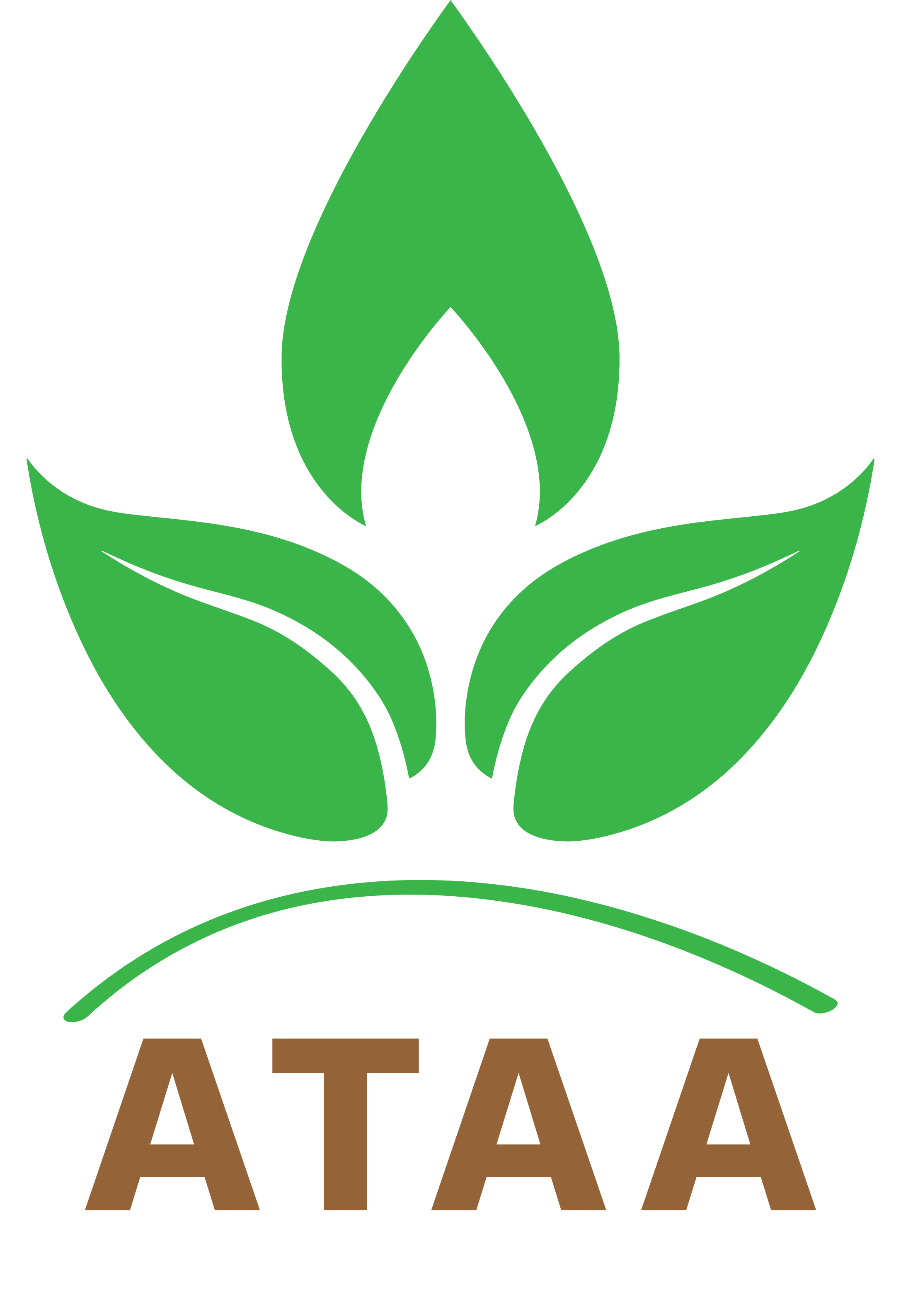The northwestern region of Syria lost nearly two-thirds of its livestock capacity as a result of bombing and epidemics, especially the nodular dermatitis disease that affected cows and turned into an epidemic over the last three years, leading to the death of many cows.
Nodular dermatitis is a disease that causes lumps that appear under the skin of cows, accompanied by high temperatures and a runny nose and mouth. The infection is transmitted due to a virus transmitted by insects and mosquitoes. It is possible to treat the epidemic, but at high costs that most breeders are unable to bear.
The disease results in reduced milk production and may lead to infertility in bulls and fertility problems in females. It destroys skins and causes death due to secondary bacterial infections
In an effort to preserve livestock and reduce the burden on breeders, Ataa Humanitarian Relief Association, in partnership with the Food and Agriculture Organization, launched at the end of this year a vaccine campaign against nodular dermatitis LSD for cows in Idlib and its countryside, which targets 15,000 heads of cows to prevent this epidemic, which causes diarrhea and huge losses in cows.
Three teams of veterinarians are distributed in the regions of Idlib, Ariha, Jisr Al-Shughur, Harem, Armanaz, Bdama, Darkush, Ihsam Al-Janudiyah, Kafranbel, Kafr Takharim, Maarat Misrin, Mahabal. They vaccinate cows of all ages in this area, and they also hold awareness sessions for breeders about the necessity of the vaccine and the danger of the disease to their cows.
The project contributes to preserving the livestock sector in northern Syria, recovering productive assets, and also enhances food production of milk and meat, which increases the presence of these products in the local market. Livestock products are considered an important source for many Syrian families in promoting health and nutrition in this region, which has been suffering from displacement and poverty for more than ten years.
It is noteworthy that this project is considered a qualitative gesture, because it helps livestock breeders to
settle down and continue raising their animals and preserve their source of livelihood, which has been affected over the past 12 years. Livestock breeders lost their productive assets as a result of displacement, bombing, deportation, epidemics, and the high prices of fodder, vaccines, and veterinary treatment. So most of them had to sell their livestock at low prices in order to provide for their families’ needs.




